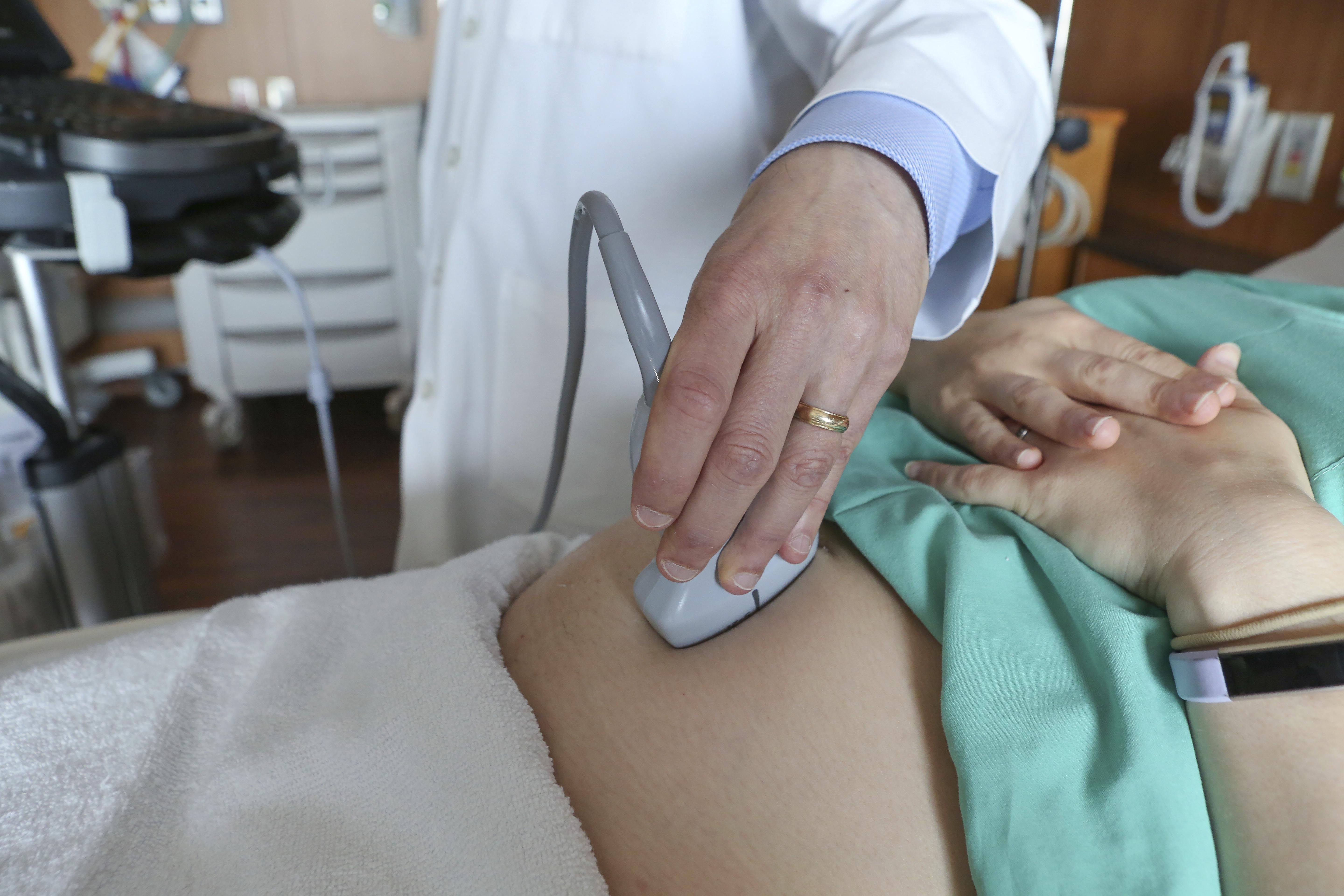Country lacks prenatal diagnosis of Down syndrome
Kathmandu, May 8
Former lawmaker Gayatri Shah and her husband Rajesh Mahato, who were arrested by police for abandoning their newborn baby with Down syndrome, have been claiming that the doctors didn’t inform the couple that their baby had a genetic disorder during routine check-ups. But the gynaecologists and Down Syndrome Association of Nepal have said the country does not have the facility to diagnose Down syndrome in a foetus.
According to gynaecologists, prenatal testing for Down syndrome is not available in Nepal. Only postpartum diagnosis of Down syndrome is available in the country.
Down syndrome Association of Nepal President Lalita Joshi said, only National Public Health Laboratory, Bir Hospital and a few private hospitals in Kathmandu provided facility to test Down syndrome for postpartum diagnosis.
According to National Down Syndrome Society, Down syndrome is a genetic disorder typically associated with physical growth delays, mild to moderate intellectual disability, and characteristic facial features.
A few common physical traits of Down syndrome are low muscle tone, small stature, upward slanting eyes, and a single deep crease across the centre of the palm.
However, each person with Down syndrome is a unique individual and may possess these characteristics in different degrees, or not at all.”
Dr Nutan Sharma, a gynaecologist, said that Teku-based National Public Health Laboratory, National Reference Laboratory of Baneshwor and Central Diagnostic Laboratory and Research Centre of Kamal Pokhari conducted double marker test, triple marker and quadruple test for Down syndrome.
Urusha Maharjan, a medical lab technologist at Central Diagnostic laboratory and Research Centre, told THT that the centre only conducted tests for Trisomy 21 after the birth of a baby to confirm Down syndrome. “Tests available in Nepal at present are not 100 percent accurate. We can’t say for sure whether the foetus has Down syndrome,” informed Dr Joshi, adding that down syndrome in a foetus could be detected through genetic tests, which are also not available in the country.






